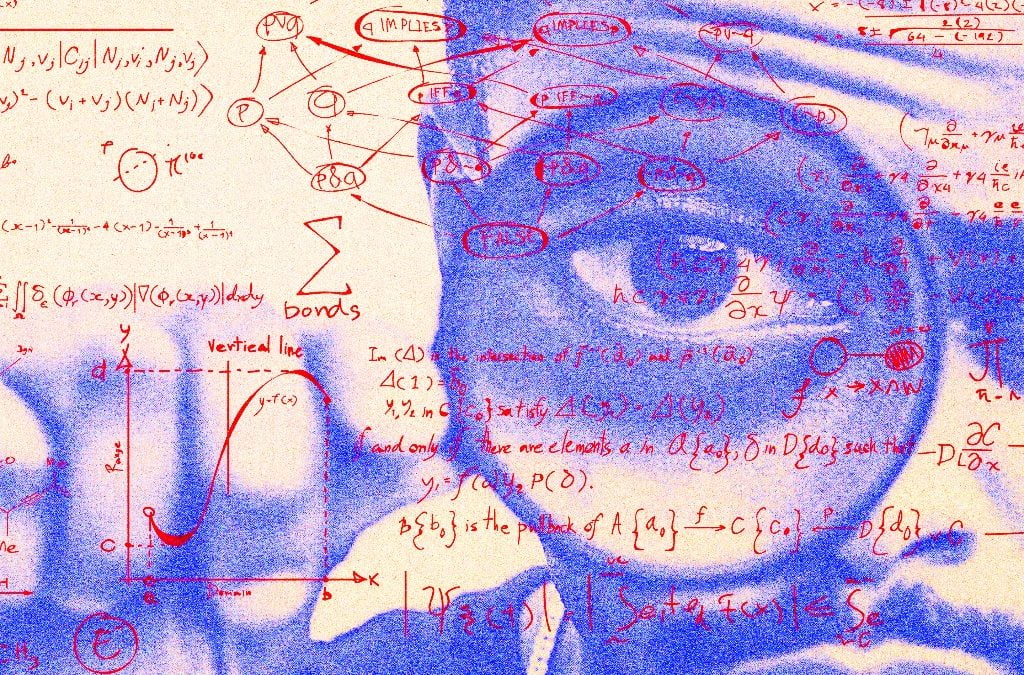CREDITS
By Dr Melane van Zyl
When a person has committed a crime, there are sometimes reasons to suggest that the person was not mentally stable/ or able to choose to do what is right. Such persons are referred via the court for 30 days of observation.
Some people believe if they can plead insanity, they will not go to jail or get a lighter sentence.
After 30 days, the psychiatrist is assisted by the rest of the team (including psychologists, social workers, and neurologists) to write a report to the court. In some cases, the person is found unable to stand trial. Such accused might be placed in a hospital where they must stay involuntarily. Of course, the punishment and further management will be influenced by the seriousness of the crime.
While mental health professionals involved in forensic observation, such as psychiatrists and psychologists, are trained to assess and evaluate individuals, even with the possibility of malingering (feigning or exaggerating symptoms), someone can attempt to deceive them. However, fooling experienced professionals consistently over a prolonged observation period, like 30 days is challenging.
Factors Making Deception Difficult:
• Extended Observation: A 30-day observation period allows professionals to observe a range of behaviours in varied situations, making consistent deception difficult.
• Collateral Information: Professionals often use collateral information (like past records, reports, and interviews with family or associates) to understand the individual comprehensively.
• Multiple Observers: Typically, several professionals (like nurses for 24 hours a day) are involved in the observation and assessment, making it hard to deceive all of them consistently.
• Standardized Assessment Tools: Use standardized psychological and psychiatric assessment tools with built-in validity scales to detect malingering.
However, Some Challenges Exist:
• Skillful Deception: Some individuals may be skillful in presenting false narratives or symptoms.
• Ambiguous Symptoms: Some mental health symptoms can be ambiguous and subject to interpretation.
• Biases: In some cases, professionals might have biases that may influence their evaluations.
Implications:
• Legal and Ethical: Deception in a forensic psychiatric evaluation has significant legal and ethical implications. It might affect legal proceedings and the justice delivered.
• Treatment: Falsely reported symptoms can lead to incorrect diagnoses and inappropriate treatment plans, which might be harmful to the individual.
• Security: If the individual is potentially dangerous, incorrect evaluation might put themselves or others at risk.
Steps to Minimize Deception:
• Training: Professionals undergo training to recognize signs of deception and malingering.
• Peer Review: Having multiple professionals observe and evaluate the individual reduces the risk of deception.
• Data Triangulation: Integrating data from various sources minimizes the risk of erroneous conclusions based on deceptive behaviours.
In forensic psychiatric contexts, the potential for deception is well-recognized, and methodologies have been developed to minimize its impact. The aim is always to conduct a thorough, unbiased, and accurate assessment, considering the high-stakes nature of forensic evaluations.
Also, bear in mind intoxication with alcohol and drugs will not lighten the sentence but will probably make it worse.
![IMG_3101[67]](https://drmelanevanzyl.com/wp-content/uploads/2023/10/IMG_310167.jpg)

